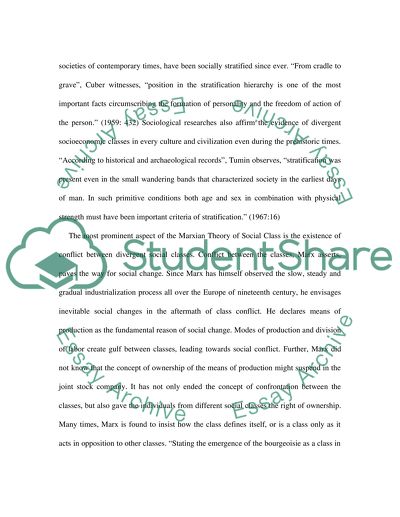Cite this document
(“History of Social Thought Essay Example | Topics and Well Written Essays - 1750 words”, n.d.)
History of Social Thought Essay Example | Topics and Well Written Essays - 1750 words. Retrieved from https://studentshare.org/history/1550278-history-of-social-thought
History of Social Thought Essay Example | Topics and Well Written Essays - 1750 words. Retrieved from https://studentshare.org/history/1550278-history-of-social-thought
(History of Social Thought Essay Example | Topics and Well Written Essays - 1750 Words)
History of Social Thought Essay Example | Topics and Well Written Essays - 1750 Words. https://studentshare.org/history/1550278-history-of-social-thought.
History of Social Thought Essay Example | Topics and Well Written Essays - 1750 Words. https://studentshare.org/history/1550278-history-of-social-thought.
“History of Social Thought Essay Example | Topics and Well Written Essays - 1750 Words”, n.d. https://studentshare.org/history/1550278-history-of-social-thought.


